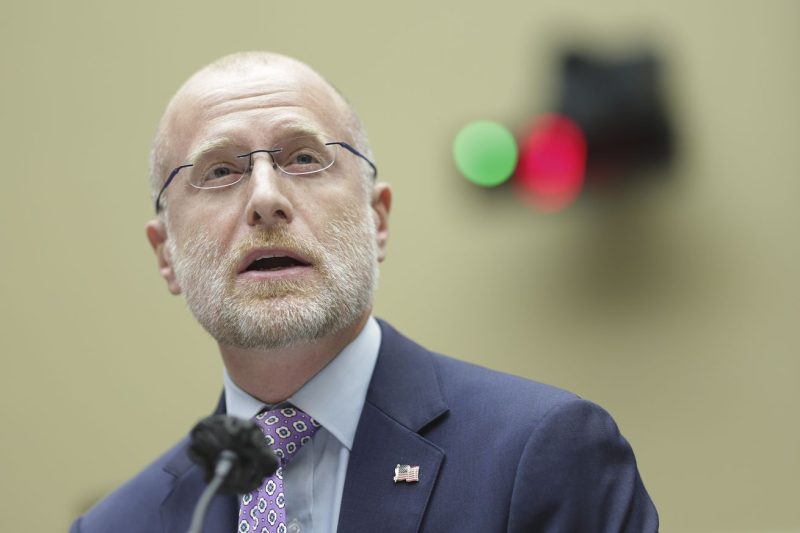The recent announcement by former President Donald Trump naming Brendan Carr as his choice to lead the Federal Communications Commission (FCC) has sparked considerable interest and debate within the telecommunications and tech industries. Carr, a well-known figure in the realm of telecommunications policy, brings a wealth of experience and expertise to the role, having previously served as an FCC commissioner.
As Trump’s appointee, Carr’s leadership of the FCC is expected to have a significant impact on the direction of the commission and its policies. Given his background and track record in telecom policy, many view Carr as a favorable choice to lead the FCC during a time of increasing challenges and opportunities in the telecommunications sector.
One key area where Carr’s leadership may have a substantial impact is in the realm of net neutrality. Net neutrality has been a highly contentious issue in recent years, with advocates arguing for regulations to ensure equal access to the internet for all users, while opponents claim that such regulations stifle innovation and investment in broadband infrastructure. Carr’s stance on net neutrality is seen as more aligned with the latter group, advocating for a lighter regulatory touch and emphasizing the importance of market-driven solutions.
Carr’s leadership of the FCC is also likely to influence the ongoing debate around 5G deployment and spectrum policy. 5G technology promises to revolutionize the way we connect and communicate, with implications for everything from healthcare and transportation to entertainment and education. Carr has been a vocal proponent of policies to expedite the deployment of 5G infrastructure, arguing that streamlined regulations and increased spectrum availability are crucial to realizing the full potential of this transformative technology.
Furthermore, Carr’s tenure as FCC leader is expected to focus on digital inclusion and bridging the digital divide. With disparities in internet access and digital literacy becoming increasingly apparent, there is a growing recognition of the need to ensure that all Americans have access to affordable, high-speed internet services. Carr has championed initiatives to close the digital divide and expand broadband access to underserved communities, and it is likely that these efforts will be a central focus of his leadership at the FCC.
In conclusion, Brendan Carr’s appointment as FCC leader under the Trump administration signifies a potential shift in the commission’s approach to key telecommunications and tech policy issues. With his background in telecom policy and his reputation as a proponent of market-driven solutions, Carr is poised to steer the FCC in a direction that prioritizes innovation, investment, and expanded digital access for all Americans. As his term unfolds, stakeholders across the industry will be watching closely to see how his leadership shapes the future of telecommunications policy in the United States.
